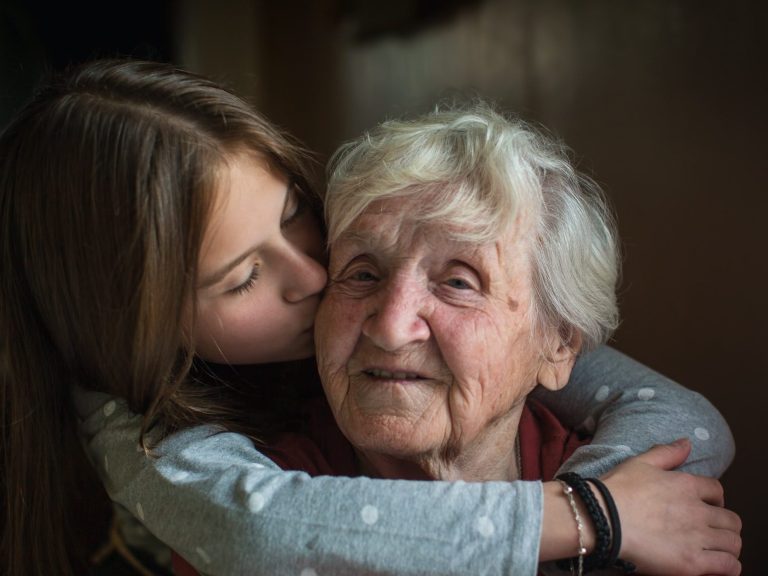They heard: “Fat on goal” or “I always look better next to you.” They remember it for years

– If we are willing to say to a person suffering from obesity “my sweet fat guy”, will we say to a patient after chemotherapy “my sweet bald man”? – asks psychologist Adrianna Sobol in an interview with “Wprost”. It also refers to the now fashionable body positivity movement.
Katarzyna Świerczyńska, “Wprost”: Can't we talk about obesity?
Adrianna Sobol*: We have a big problem with this, because most often we treat it not as a disease, but as something shameful, even a defect that a person has earned for himself. That's why most often we don't talk, but only criticize. What is needed here is a change of perspective to look at a person, at a specific person, in the context of obesity.
I just wonder how often in a doctor's office such a person hears the diagnosis: you are obese.
This is another problem. Therefore, I do not hide the fact that there is still a lot to do. As part of the educational campaign “Let's talk honestly about obesity”, a dictionary was created: “How to talk supportively about obesity”, which shows how to talk about this disease empathetically (the dictionary and other materials can be found on the website ootylosci.pl – ed.). Before the dictionary was created, a public opinion survey was conducted on a large group of respondents: people suffering from obesity and those who are not obese. The study clearly shows that many patients encounter various forms of aggression, hate and criticism on a daily basis.
Patients quote very cruel terms that they hear addressed to them. Also from doctors and health care workers.
What surprised me a bit in the dictionary was that words that theoretically sound endearing and seemingly positive were considered harmful. This is the statement “you can never have enough of a lovely body”, “doughnut” or words like “plump” or “fluffy”. In fact, the latter has entered the language very strongly in the context of clothing for plus-size people. I guess in every Polish city there is a “fluffy lady, fluffy man” shop. What's wrong with that?






